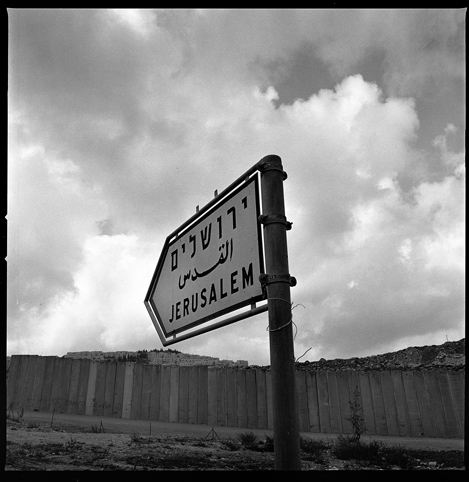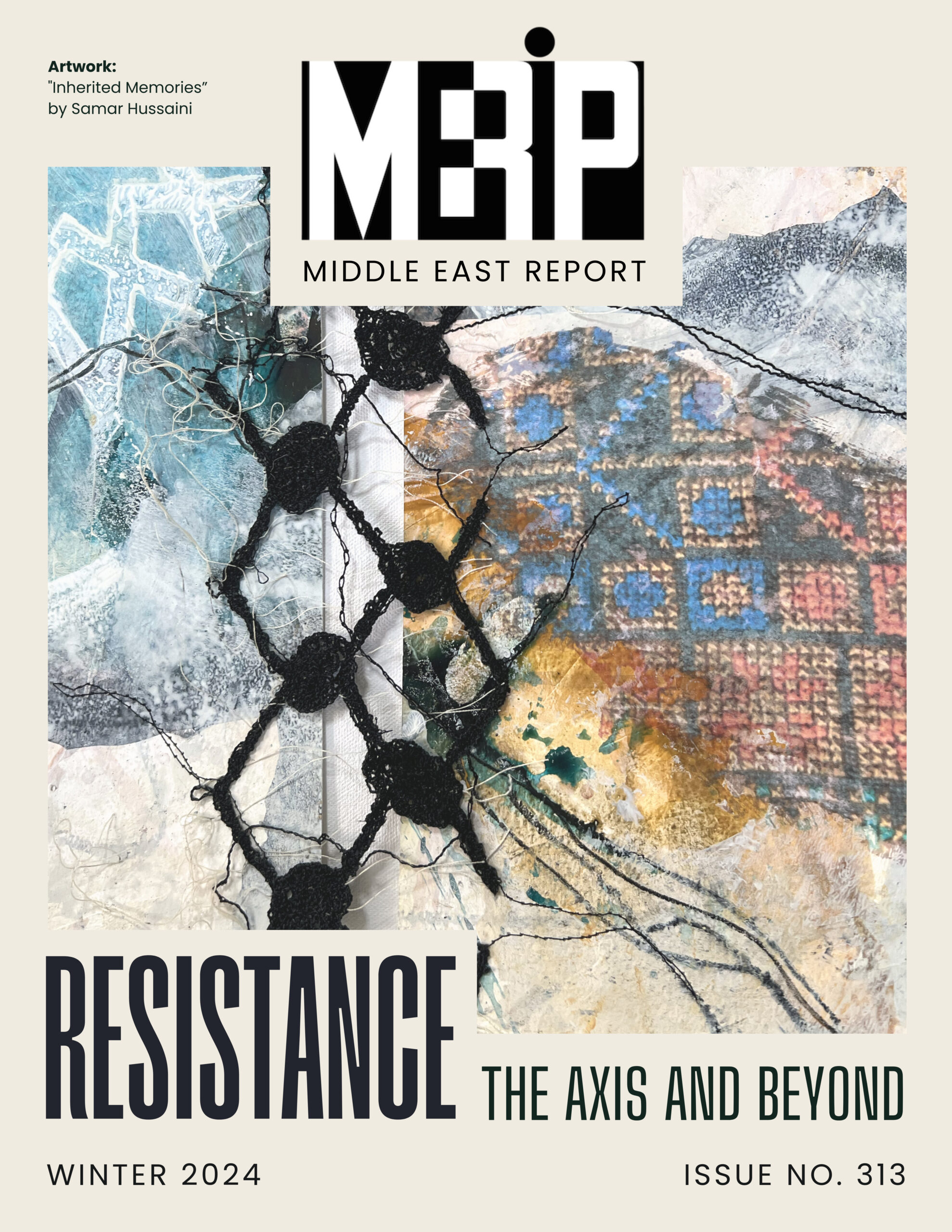IN THIS ISSUE:
The Limits of Confronting Racial Discrimination in Tunisia with Law 50
In 2018, Tunisia became the first country in the Middle East and North Africa to pass a law that criminalizes racial discrimination. In a society that has long denied the existence of racism, the law—popularly known as Loi 50 or Law 50—has been applauded by local activists and international human rights organizations as a historic step.
The Politics of Commemorating the Abolition of Slavery in Post-Revolutionary Tunisia
In 2019, eight years after the Arab Spring uprisings, President Béji Caïd Essebsi declared that Tunisians would commemorate the abolition of slavery on January 23 each year. It was on this date in 1846 that the then-governor of Ottoman Tunisia, Ahmad Bey, signed a decree authorizing enslaved Black people to request manumission certificates. Dating back to the medieval period, this region—like other parts of the Mediterranean and the Muslim world—had relied on the work of African as well as European enslaved men and women.
Tracing the Historical Relevance of Race in Palestine and Israel
The global conversation about race and racial oppression in recent years, which has reached new levels of visibility since the summer of 2020, has emerged largely as a reaction to police violence in the United States and the work of the Movement for Black Lives coalition. Its global reverberations have often been distinct, however. Activists are not only making connections between US practices and patterns of racial oppression and those in their own countries; they are also highlighting features of racial violence that are unique to different contexts.
Understanding Race and Migrant Domestic Labor in Lebanon
The dire financial and political crises in Lebanon have made migrant domestic workers even more vulnerable to abuses of the kafala system of sponsorship. Kassamali explains the history of this labor system in Lebanon and the intersecting roles of race, class, nationality and gender in the hierarchies it produces.
CURRENT ANALYSIS
The Kurdish Freedom Movement, Rojava and the Left
Efforts by the Kurds to put revolutionary ideals into practice in Rojava captured the imagination of anarchists and leftists in Europe and North America. Thomas Jeffrey Miley explains the left’s fascination with Rojava, the ties of solidarity that connect the Kurdish freedom movement to Europe, Öcalan’s embrace of a new paradigm of struggle and the dilemmas facing Rojava now. This article is from the forthcoming issue of Middle East Report, “Kurdistan, One and Many.”
The Elusive Quest for a Kurdish State
Kurdish communities in the Middle East have been struggling for independence, autonomy and civil rights since at least the 1880s. While Kurdish movements across the region have suffered from fragmentation, the more formidable obstacle to fulfilling Kurdish aspirations are regional and global geopolitics. Djene Rhys Bajalan explains the many challenges, both historically and in the present day. This article is from the forthcoming issue of Middle East Report, “Kurdistan, One and Many.”
Turkish Intervention in Syria Heightens Authoritarianism in Turkey and Fragmentation in Syria
Turkish military incursions into Syria since 2016 are shaping power dynamics not only in Syria but also domestically. Turkish state building practices in Syria are changing the demographics of the border area in Syria and benefiting Turkish industry and political elites. At home, Ankara is suppressing Kurdish political power and cracking down on anti-war activists. Sinem Adar explains who gains and who loses from the cross-border interventions.
LATEST ISSUES
FEATURED PRIMER

Primer: Palestine-Israel
Read the newest iteration of MERIP’s Palestine primer. Published in March 2025, and updated to reflect developments in the ten years since our previous primer, it provides an overview of key actors, organizations, historic events, political developments and diplomatic initiatives that have shaped the status and fate of Palestinians and the State of Israel from the late nineteenth century to the present.


